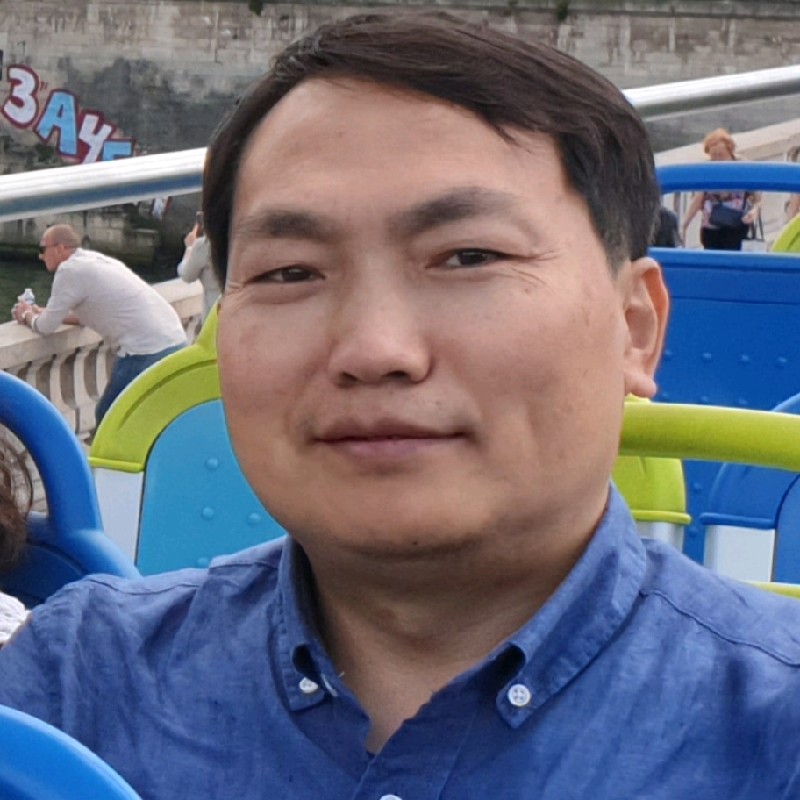
- This event has passed.
9th October: Overview of KIOST and Satellite-based Operation Systems for Ocean Monitoring and Surveillance

Who this may appeal to: Those interested in the areas of Satellite Oceanography, Marine Safety & Security, and/or Remote Sensing
Abstract: Overview and missions (roles and responsibilities) of Korea Institute of Ocean Science and Technology (KIOST) are introduced, and then research activities on developing operational systems using satellite data will be explained for real-time ocean monitoring and surveillance. The projects that I have been working on so far are focused on various fields connected to ship safety such as the smart escape guiding agent, monitoring Illegal, Unreported and Unregulated (IUU) Fishing Activities, and the Voyage Environmental Information System (VEIS). Nowadays we are developing a prototype model that utilizes multiple remote sensing data for monitoring marine pollution. Various platforms are such as satellites, manned aircraft, Unmanned Aerial Vehicle (UAV), and mobile devices.
Bio: Chan-Su Yang received the B.E. degree in Maritime Transportation Science in 1993, and the M.S. degree in Maritime Industrial Engineering from Korea Maritime University, Busan, Korea, in 1997, and the Ph.D. degree (Eng.) in Civil Engineering (Satellite Remote Sensing) from Tohoku University, Sendai, Japan, in 2001. After two-year work at JAMSTEC (2001 to 2002), he has been with the Korea Institute of Ocean Science and Technology (KIOST), Busan, Korea, where he is currently Principal Research Scientist. He is also Professor in the department of Marine Environmental System Science, Korea University of Science & Technology where he teaches satellite remote sensing. He has been a member of KSRS, IEEE and SPIE, and is IEEE Senior member from 2020. His research interests include “Maritime Safety and Security” based on satellite remote sensing technologies and satellite oceanography such as the analysis of oceanic phenomena by Synthetic Aperture Radar (SAR), sea-ice monitoring and Sea Surface Temperature (SST).
Contact Information:
Personal Website